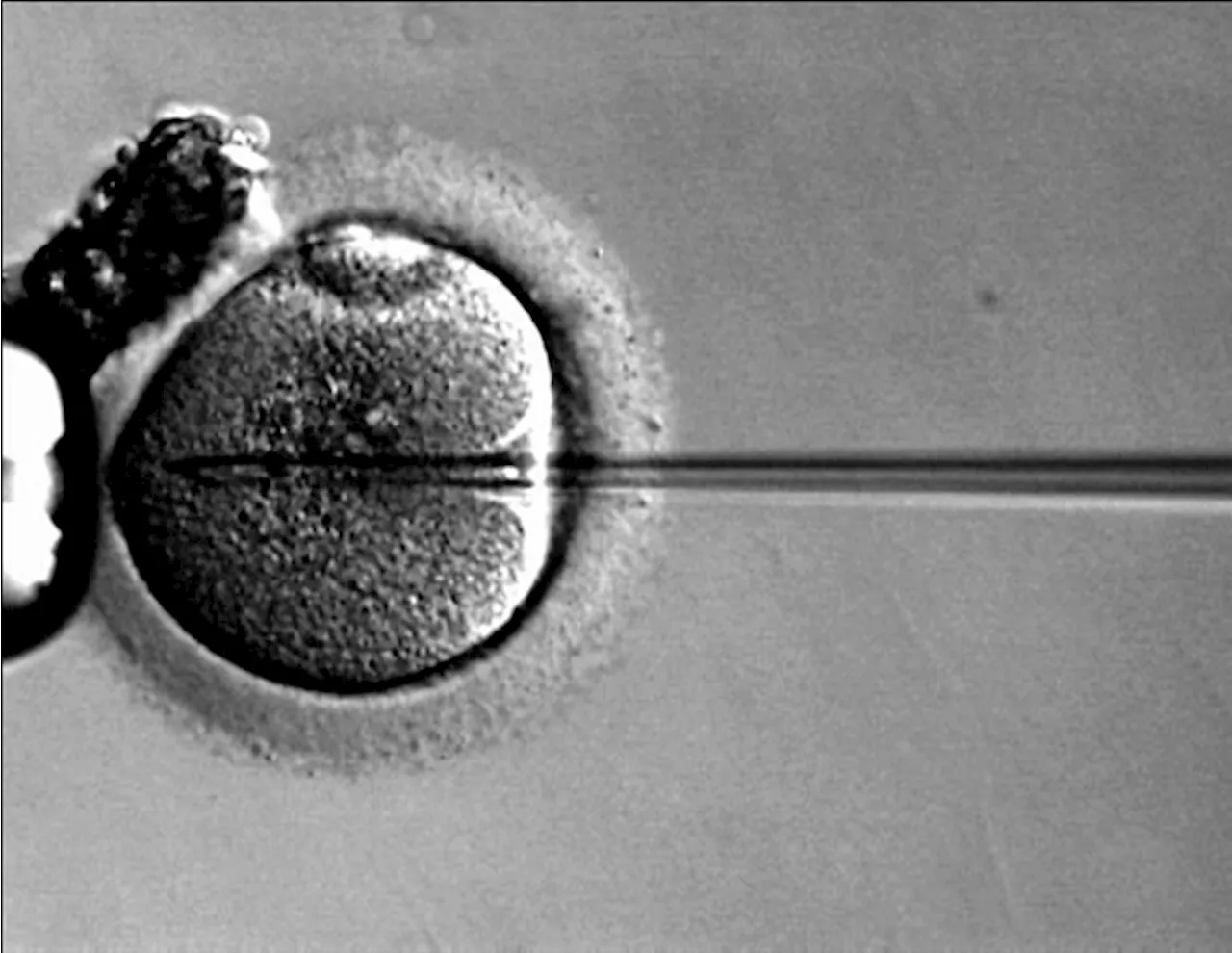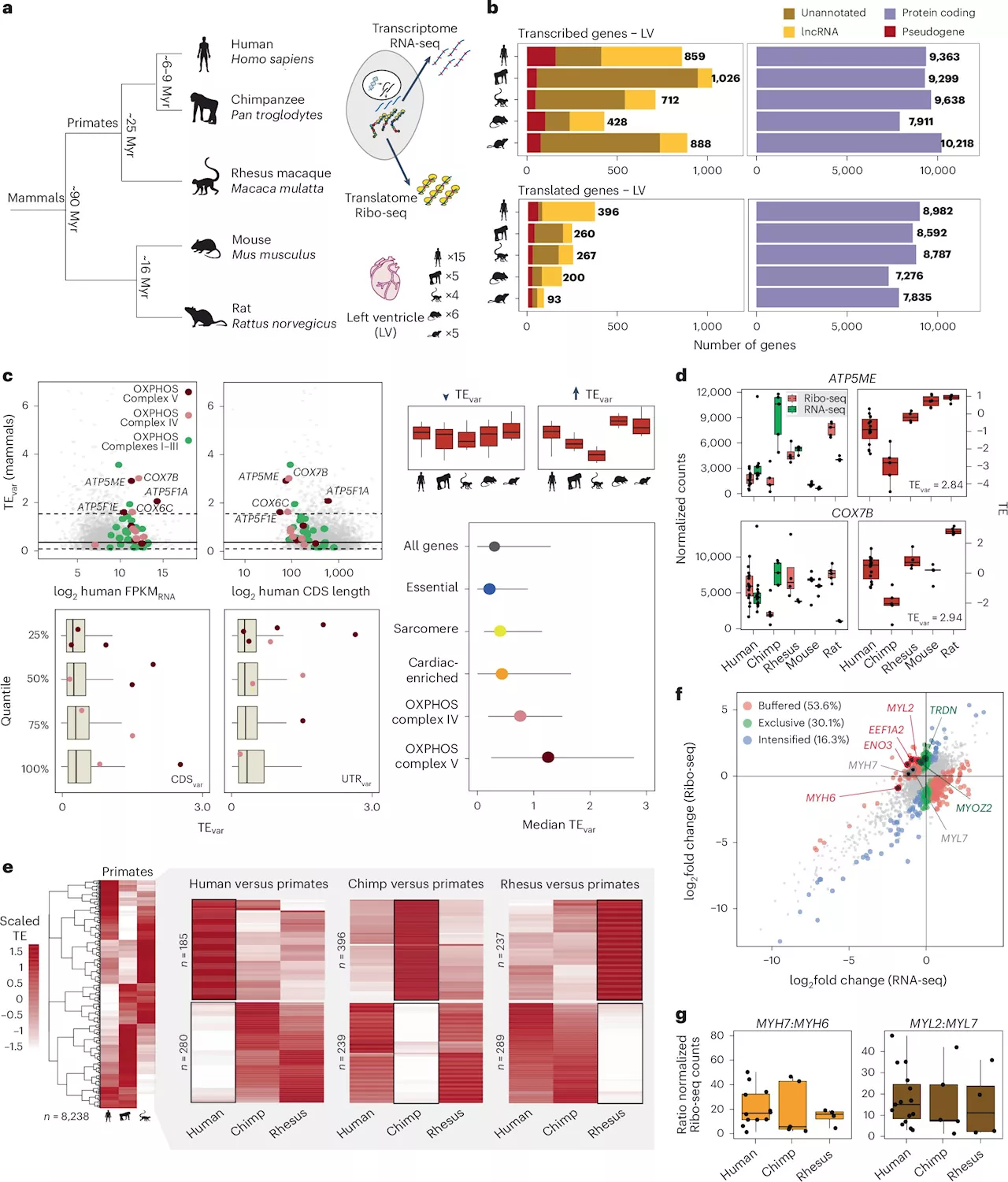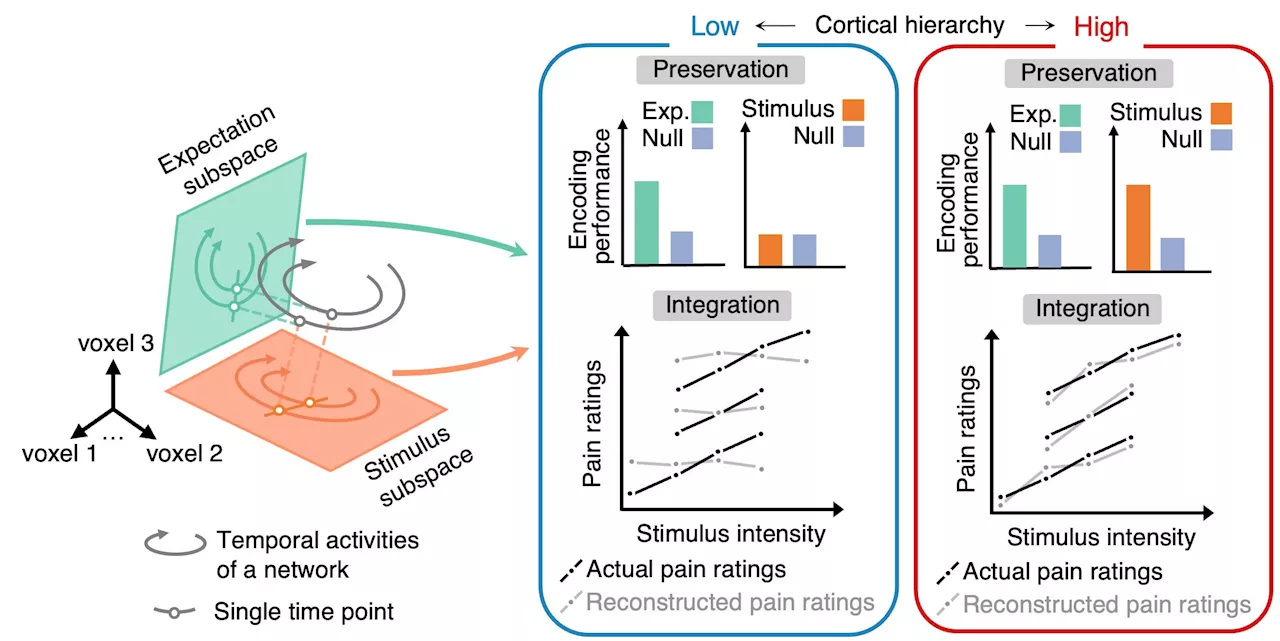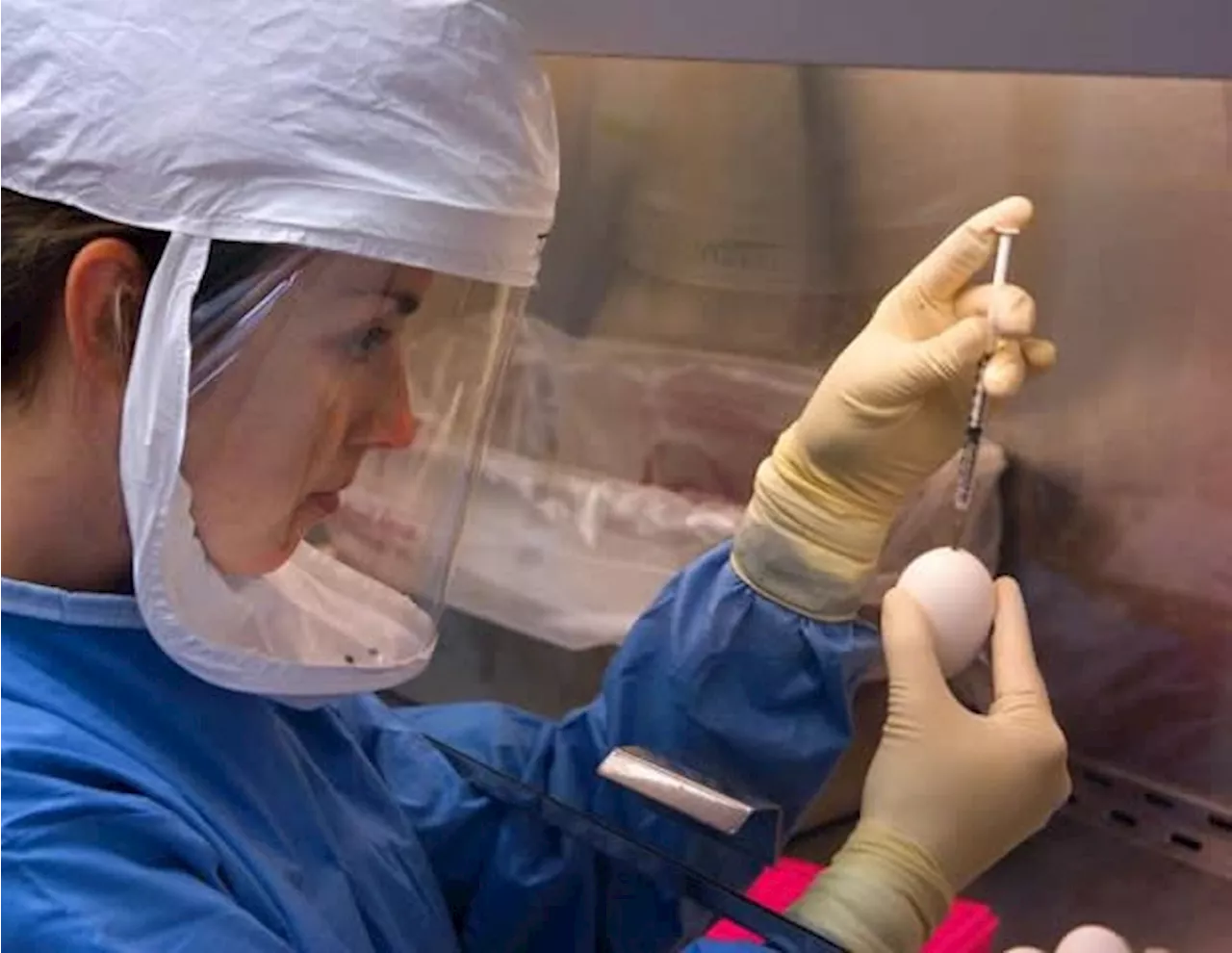Inuit children in Nunavut, Canada, are being overdiagnosed for macrocephaly and underdiagnosed for microcephaly, two neurological conditions measured by head size, because of reliance on World Health Organization (WHO) growth curves, according to new research in CMAJ.
Canadian Medical Association JournalOct 21 2024 Inuit children in Nunavut, Canada, are being overdiagnosed for macrocephaly and underdiagnosed for microcephaly, two neurological conditions measured by head size, because of reliance on World Health Organization growth curves, according to new research in CMAJ https://www.cmaj.ca/lookup/doi/10.1503/cmaj.230905.
In a study that compared head circumferences of Inuit children in Nunavut with WHO head circumference charts, researchers used chart data on 1960 children born from 2010 to 2013. The study population represented 18 of 25 communities in the region. Most data were from children aged 0 to 36 months, and at all age points, head circumferences were significantly larger than the WHO comparators.
This can result in higher diagnoses of macrocephaly, with resulting travel, treatment, and other stressors in otherwise healthy children, and underdiagnosis of microcephaly, which can mean delayed attention to a medical condition. Related Stories"This unnecessary overinvestigation perpetuates a system that continues to bring harm to Inuit people, given the historical context of racism, mistreatment, and experimentation by settler health care workers," write the authors.
Health Care Microcephaly Research
United Kingdom Latest News, United Kingdom Headlines
Similar News:You can also read news stories similar to this one that we have collected from other news sources.
 'Copper grades can't get much higher': White CliffNunavut sampling delvers 64% copper, close to the maximum possible within ore
'Copper grades can't get much higher': White CliffNunavut sampling delvers 64% copper, close to the maximum possible within ore
Read more »
 Study reveals life-changing impact of gene therapy for hemophilia B patientsAdults with hemophilia B saw their number of bleeding episodes drop by an average of 71 percent after a single infusion of gene therapy, according to the results of an international Phase III clinical trial published today in the New England Journal of Medicine by researchers from the University of Pennsylvania Perelman School of Medicine and a...
Study reveals life-changing impact of gene therapy for hemophilia B patientsAdults with hemophilia B saw their number of bleeding episodes drop by an average of 71 percent after a single infusion of gene therapy, according to the results of an international Phase III clinical trial published today in the New England Journal of Medicine by researchers from the University of Pennsylvania Perelman School of Medicine and a...
Read more »
 Human and other primate hearts differ genetically, says studyA team at the Hübner and Diecke Labs at the Max Delbrück Center has shown how human and non-human primate hearts differ genetically. The study, published in Nature Cardiovascular Research, reveals evolutionary adaptations in human hearts and provides new insights into cardiac disease.
Human and other primate hearts differ genetically, says studyA team at the Hübner and Diecke Labs at the Max Delbrück Center has shown how human and non-human primate hearts differ genetically. The study, published in Nature Cardiovascular Research, reveals evolutionary adaptations in human hearts and provides new insights into cardiac disease.
Read more »
 30 Harvard professors hold ‘study-in' protest at librarySupporting students disciplined for taking part in a pro-Palestinian demonstration, professors at Harvard University took a stand at Widener Library Wednesday
30 Harvard professors hold ‘study-in' protest at librarySupporting students disciplined for taking part in a pro-Palestinian demonstration, professors at Harvard University took a stand at Widener Library Wednesday
Read more »
 New study reveals how the brain integrates pain prediction and stimuliA study has uncovered new insights into how the brain processes and integrates pain information. The research goes beyond identifying brain areas that respond to pain, revealing the mechanisms behind the brain's integration of pain-related information.
New study reveals how the brain integrates pain prediction and stimuliA study has uncovered new insights into how the brain processes and integrates pain information. The research goes beyond identifying brain areas that respond to pain, revealing the mechanisms behind the brain's integration of pain-related information.
Read more »
 Study shows little rebound in cancer diagnoses post-pandemicCancer incidence trends in 2021 largely returned to what they were before the COVID-19 pandemic, according to a study by researchers at the National Institutes of Health (NIH).
Study shows little rebound in cancer diagnoses post-pandemicCancer incidence trends in 2021 largely returned to what they were before the COVID-19 pandemic, according to a study by researchers at the National Institutes of Health (NIH).
Read more »
